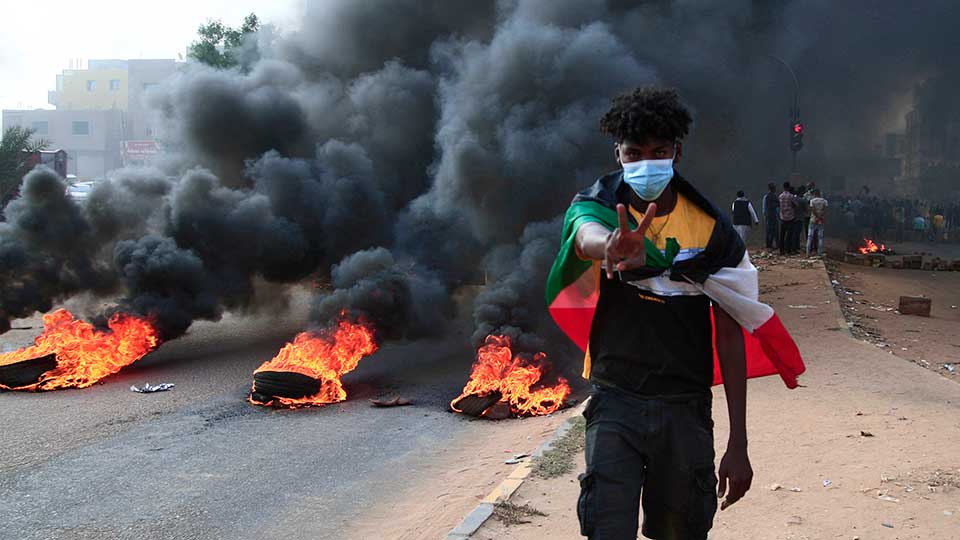
By Felix Brender
Earlier this month, media and commentators briefly shifted their hyperfocus from conflicts that fit into an easy-to-grasp Disney-style good/bad binary to “one of the worst humanitarian disasters in recent memory:” the consequences of the most recent round of sectarian clashes in Sudan that broke out in April 2023.
Fighting between groups around the Sudanese Armed Forces’ Abdel Fattah al-Burhan and Janjaweed leader Hemedti has displaced a staggering 8.5m people. Many of those who remain are trapped. As of January 2024, the conflict claimed at least 15,000 lives. (This is a highly conservative estimate — the massacre in West Darfur’s El Geneina alone reportedly saw 10,000 killed).
China, of course, has a longstanding history with Sudan since mutual diplomatic recognition in 1959. For decades, Beijing played a rather unsavory role in its brutal oppression of South Sudanese aspirations for independence. Beijing also argued Sudan’s case over its ongoing genocidal attacks on Darfur at the UN Security Council while providing military equipment to Khartoum. At one stage, China was Sudan’s largest arms provider before later playing a pivotal role in Sudanese UN peacekeeping.
Beijing’s stake in Sudan has decreased significantly since South Sudan took most of Sudan’s former oil reserves when the South became independent in 2011. Today, Sudan is one of the PRC’s important but not decisive regional partners, an export market worth $1.3bn, and a destination for FDI. Khartoum, in turn, has been sure to requite Beijing’s favors, for example, with Sudanese senior diplomats defending China against condemnation over its anti-Muslim repression in Xinjiang.
China — albeit recently touted as a potential global mediator in waiting — now seems to follow a not-so-novel approach of strategic inactivity vis-à-vis Sudan, looking on as Sudan unravels into yet another quagmire that ties up U.S. resources. At the UN, China has called for “cessation of hostilities” through dialogue and joined hands with Russia in pointing to presumed Western double standards advocating a Ramadan ceasefire in Sudan but not in Gaza.
While this does gloss over some rather substantial differences between the two conflicts, such a stance undoubtedly strikes a chord with many in the Global South and solidifies China’s identity as the leader of the presumably voiceless. That makes Beijing’s biding its time particularly clever, especially in Sudan’s diplomatic free-for-all, where the repercussions of PRC inactivity are minimal. With Chinese citizens swiftly evacuated from Sudan, China, by commenting from the sidelines, reaps all the reputational benefit at practically zero risk.
At any rate, the international commentariat has since duly returned to looking the other way, at more Twitterable conflicts with catchier chants. In a twisted way, this further vindicates the PRC’s approach: the governments of global powers, incumbent and future, only stand to lose from trying to mediate in Sudan.
The international community’s inability to form a functional coalition also points to a conundrum we tend to overlook: Regardless of how dissatisfying the status quo might be and how much more dandy a future we might dream of, any interregnum or power vacuum is a period of tremendous violence.
With the rainy season and torrential flooding about to set in and no end to the conflict in sight, Sudan might soon witness the world’s worst hunger crisis. Once more, the Sudanese people are falling by the wayside as collateral of international politics.
Felix Brender 王哲謙 is a Project Associate at China Foresight, LSE IDEAS.







